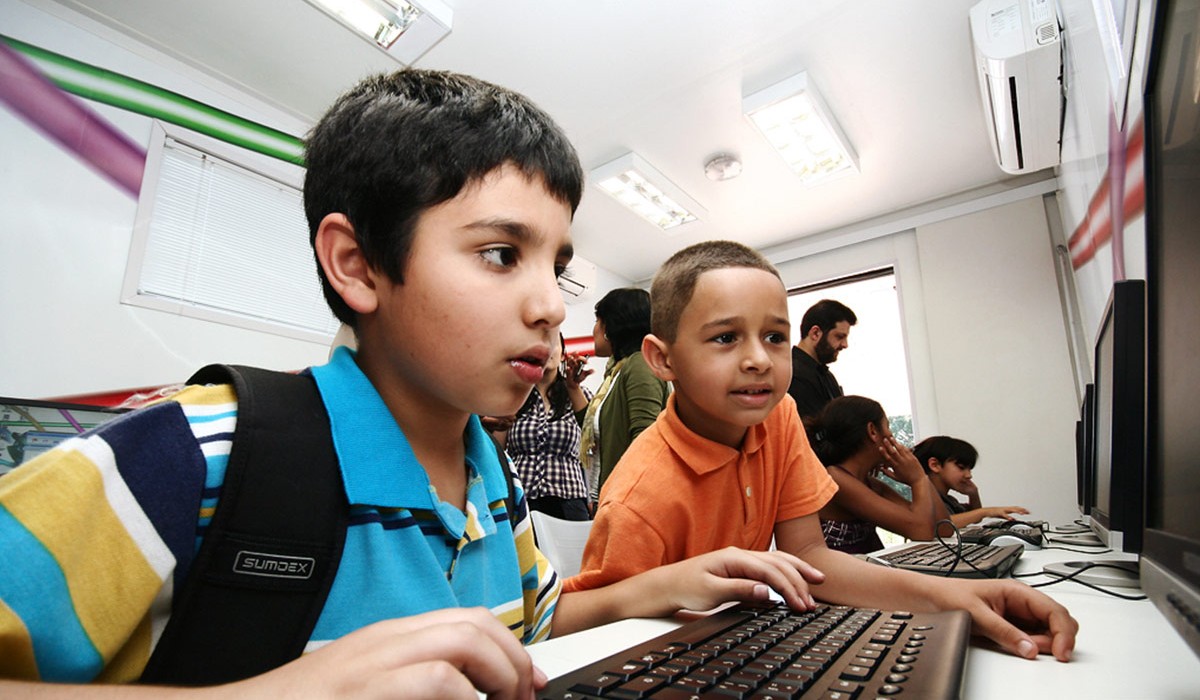-

Rising risks reported by Argentina and Brazil
27th May 2025
Two new Global Kids Online reports have just been launched by the LATAM network – in Argentina and Brazil. In both cases, the findings highlight today’s public policy dilemma: the more children gain internet access, the more societies can overcome forms of digital exclusion and inequality, but at the same time, the more children become exposed to online risks of harm.
-

Kazakhstan Kids Online
2nd December 2024
The Kazakhstan Kids Online study is a pioneering effort to deepen understanding of children’s use of digital technology in Kazakhstan. Conducted in 2023, this national research study engaged children, caregivers, and teachers and represents the latest addition to the Global Kids Online network. The study explores the extent and nature of children’s digital engagement, the opportunities and benefits the internet offers, children’s experiences of online risks and harms, and the strategies used to mitigate these. In doing so, the study contributes to fulfilling the mandate of the UNCRC General Comment No. 25 on children’s rights in the digital environment.
-
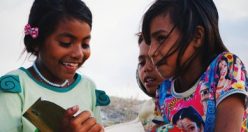
Unveiling digital disparities in Costa Rica
12th February 2024
The latest Global Kids Online survey was conducted in Costa Rica in 2023 and provides a revealing snapshot of the digital experiences of children in the country. The summary of preliminary findings from 1,200 children aged 9 to 17 years paints a nuanced picture of digital inequality, altered device usage patterns, and risky online experiences.
-
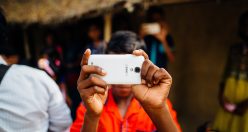
Hate messages and violent images online
12th January 2024
In an era where internet connectivity is rapidly expanding around the globe, our new research brief published by UNICEF Innocenti sheds light on the issue of children’s exposure to hate messages and violent images online. Efforts to mitigate exposure to such content are gaining momentum but the findings underscore the need for rapid changes that directly address the digital platforms where children encounter hate messages and violent images.
-
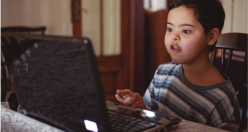
Children connected – new findings from Uruguay
9th January 2024
Global Kids Online Uruguay has released the findings from its new study on children’s internet use, based on an online school-based survey with 7,822 children aged between 9 and 17 years, as well as their parents/guardians and teachers. The findings show that children see the internet as a realm filled with possibilities and positive experiences, acknowledging the potential risks. Parents are more concerned about problematic usage and self-regulation.
-
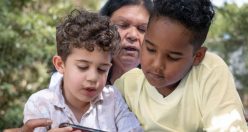
The digital lives of Australia’s First Nations children
15th June 2023
A recent report by Australia’s eSafety Commissioner (eSafety) has found the internet plays a vital role in the lives of Aboriginal and Torres Strait Islander children, enabling them to form important cultural and social connections with friends and family. However, the report also shows that First Nations children are much more likely than the national average to have been treated in a hurtful or nasty way online, experiences that can lead to impaired mental health, perceived reputation damage and lower school performance.
-
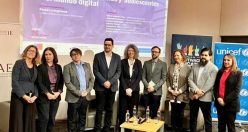
New findings from Kids Online Chile
9th May 2023
Five years after their first survey on children’s internet use, Kids Online Chile recently launched their new findings. We see closing gaps in internet access, inequalities in digital skills, greater levels of parental support, and young people’s enthusiasm for online activities, including informal learning.
-
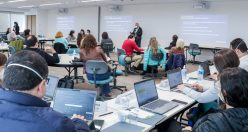
Three in ten children in Brazil look for mental health and well-being information online
16th August 2022
The 8th edition of the ICT Kids Online Brazil survey is launched today by the Regional Center for Studies on the Development of the Information Society (Cetic.br). Drawing on a nationally representative survey with 2, 651 children aged 9 to 17 and one of their parents, the Brazilian study is the longest-running in the Global Kids Online network with annual waves since 2012. A new addition to the survey this year was collecting data on the use of the internet for health information and emotional support.
-

Online sexual exploitation and abuse: new findings
1st June 2022
Protecting children from online sexual exploitation and abuse (OCSEA) has been at the forefront of international efforts over the past week. The WePROTECT Global Summit in Brussels gathered more than 400 delegates from industry, government, civil society and international organisations coming together with the aim to strengthen the global response to OCSEA. The misuse of the internet and digital technologies to sexually abuse and exploit children is a rapidly growing issue that knows no borders. Yet, evidence on the nature and scale of the problem remains limited.
Search Global Kids Online
Popular tags
Albania
Argentina
Brazil
Bulgaria
Canada
Children's rights
Children online
Chile
China
Costa Rica
COVID19
Cyber-bullying
Czech Republic
Digital literacy
Disrupting Harm
Ecuador
EU Kids Online
Europe
Fieldwork
Findings
Ghana
Impact
India
Italy
Latin America
Montenegro
New Zealand
Norway
Online opportunities
Online risks
Online safety
Philippines
Policy
Presentation
Privacy
Reports
Research methods
Research Synthesis
Research tools
Serbia
South Africa
Stakeholder engagement
Survey
UNICEF
Uruguay


